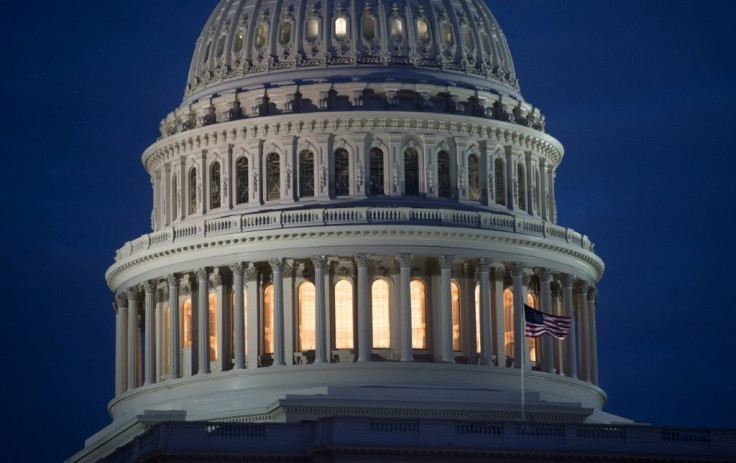Senate Passes Landmark Decision On Armenian Genocide Recognition Amid White House Attempts Block It

KEY POINTS
- The U.S. Senate voted unanimously to formally recognize the Armenian genocide amid pressure from Trump administration
- Turkey responded through the Turkish Foreign Ministry summoning the U.S. Ambassador to Ankara
- The Senate’s vote on the Armenian genocide wraps up a week-long genocide-related topics
The Turkish Foreign Ministry summoned the United States Ambassador to Ankara Friday after the U.S. Senate voted unanimously Thursday to formally recognize the Armenian genocide. The vote came after the Trump administration had objected to it and had previously asked several Republican lawmakers to block it.
The legislation acknowledges that approximately 1.5 million Armenians were systematically killed by the Ottoman Empire between 1915 and 1923.
Democratic Sen. Robert Menendez of New Jersey submitted the resolution with several co-sponsors, he said, the New York Times reported. Menendez took the Senate floor after the vote, saying, “To overlook human suffering is not who we are as a people. It is not what we stand for as a nation. We are better than that, and our foreign policy should always reflect this.”
For the past three weeks, the Senate had attempted to pass the measure but was prevented from doing so by a Republican senator at the request of the White House. The Trump administration has said that passing it would hurt diplomatic relations with Turkey.
The Turkish government has denied the violence was genocide for years. The U.S. is the thirty-second country to recognize the genocide, according to The Guardian.
The news around the Senate’s vote on the Armenian genocide wraps up a week where several genocide-related topics were in the news cycle.
First, Peter Handke received the Nobel Prize for Literature at a ceremony in Sweden. Handke has been accused of supporting Serbian strongman Slobodan Milosevic and of genocide apologist of what happened in Bosnia-Herzegovina and the Balkans in the 1990s.
Meanwhile, Myanmar’s de facto leader Aung San Suu Kyi faced the UN this week over the atrocities reported in the country’s Rakhine State and against Rohingya Muslims. Suu Kyi has insisted the violence is connected to an internal conflict brought on by the Rohingya. During the fact-finding mission, the UN found out that Myanmar failed “to prevent, to investigate and to enact effective legislation criminalizing and punishing genocide.”
© Copyright IBTimes 2024. All rights reserved.





















